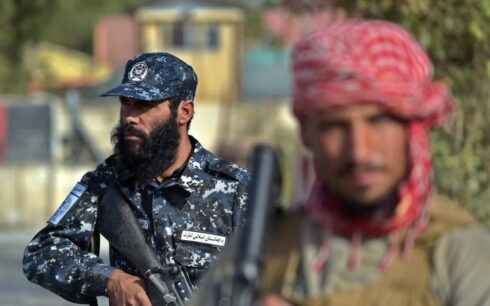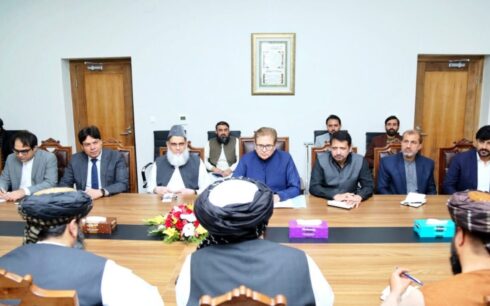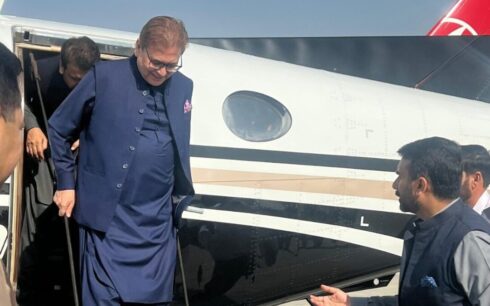With 15 days left before the third Doha meeting on Afghanistan, the Taliban announced it is still reviewing the agenda for the upcoming discussions. Senior diplomats have noted that the agenda currently does not include human rights issues, nor does it address the appointment of a special United Nations envoy for Afghanistan.
The exclusion of human rights topics and the appointment of the special envoy has sparked strong reactions from human rights activists.
These omissions have raised questions about how the third round of talks will differ from previous meetings.
Approximately 25 countries will send envoys to the Doha meeting on Afghanistan at the end of this month. Although the official agenda has not yet been disclosed, diplomats informed Amu that human rights discussions are not currently part of the agenda. Women’s rights movements and human rights defenders have reacted strongly to the potential exclusion of these topics.
“The UN and other international organizations have facilitated the Taliban’s whitewashing. This is unacceptable to the people of Afghanistan. Taliban leaders should be sanctioned,” stated a representative from a women’s protest movement.
Citizens of Afghanistan also expect the Doha meeting to address their primary concerns, including human rights. “We expect that international meetings will pressure the Taliban to address the demands of the people,” said a Kabul resident.
“The Taliban does not represent the people of Afghanistan in the Doha meeting. The real representatives of the people should be invited,” remarked a resident of Balkh.
Analysts recall that the second round of the Doha meetings, held on February 18 and 19, 2024, with UN Secretary-General António Guterres in attendance, ended without tangible results. The Taliban refrained from attending the second round, citing unmet conditions by the UN. Reportedly, the Taliban had demanded an independent meeting with Guterres, the exclusion of the special envoy discussion, and the omission of Afghan civil society and women’s representatives.
After the February meeting, Guterres told reporters that the Taliban’s conditions were unacceptable. Sources told Amu that the appointment of the UN special envoy for Afghanistan remains off the table, and there has been no statement regarding the inclusion of Afghan civil society representatives.
Political analyst Samad Karmand commented, “Given the conflicting demands of the Taliban and the UN regarding Afghanistan, the third Doha meeting, like the previous ones, is unlikely to achieve concrete results.”
The Taliban stated that its consultations on the agenda and composition of the Doha meeting are still ongoing.





